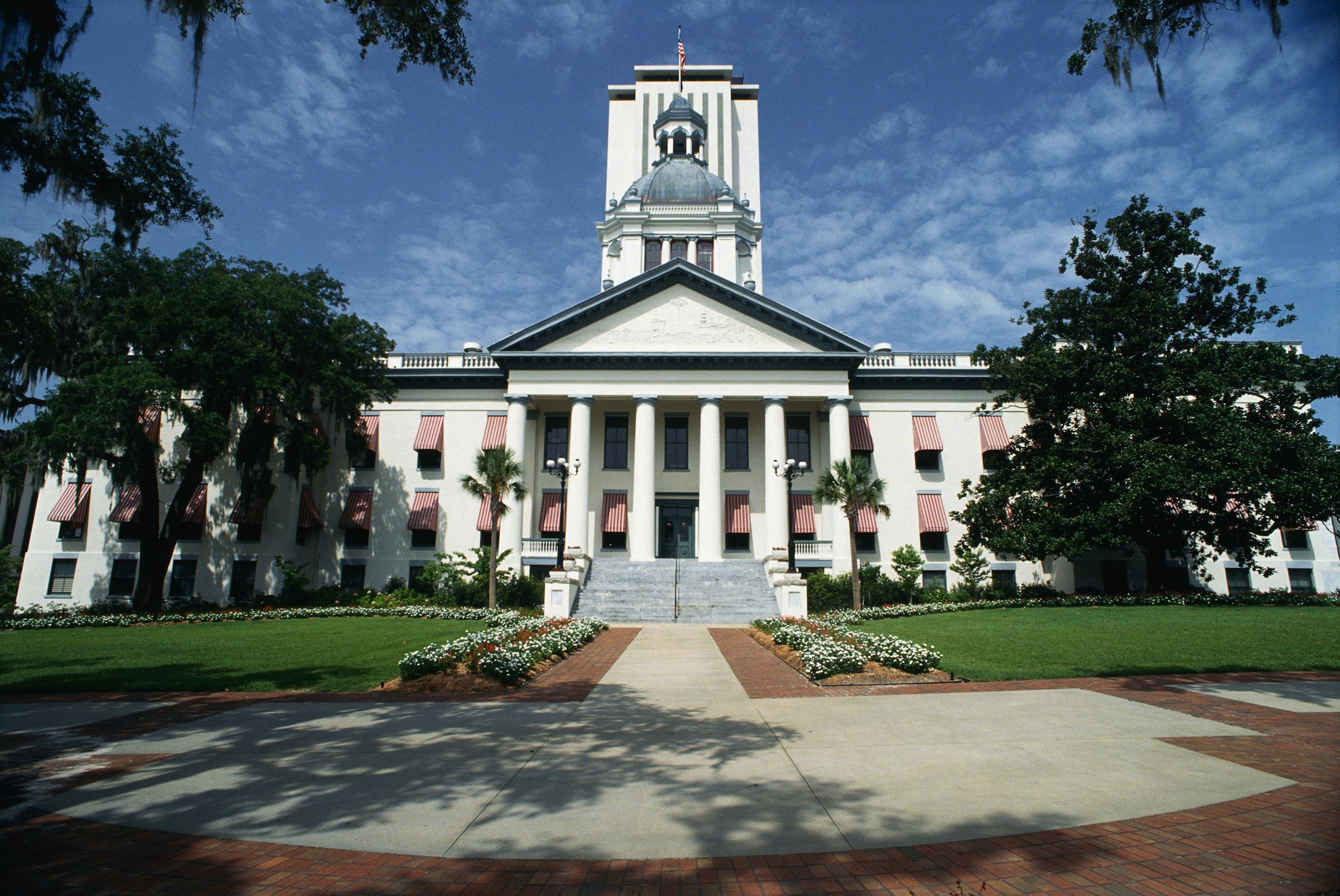The Florida Legislature opened its 60-day session on Tuesday, March 2, to tackle several critical issues – led by, but not limited to, the physical and economic fallout from COVID-19.
Florida’s economy has fared relatively well compared with other states, especially when considering how heavily the state’s economy relies on a tourism industry that has suffered significantly amid restrictions on personal and business travel over the past year.
That said, the state is facing budgetary challenges that have led lawmakers to look for ways to cut spending. The real question is going to be what gets cut and by how much. This is something we will be watching very closely.
The Legislature will also consider COVID relief options for struggling citizens and businesses. The amount of relief, and who or what receives it, will be the subject of considerable debate.
State Budget
In January, Governor Ron DeSantis proposed a $96.6 billion annual budget – $4.3 billion more than the prior year’s budget. Given the past year’s economic conditions, this increase came as a surprise to many people. However, it will ultimately be up to the Legislature to draft and pass a spending plan for Governor Desantis’ eventual signature.
The Governor’s budget included spending projects to expand Florida’s network of toll roads by 300 miles, create a fund to address the effects of climate change, and institute more robust election oversight activities. His proposed budget also includes funding for opioid abuse programs and in support of adults and children with mental illnesses – two priorities of First Lady Casey DeSantis.
While the COVID-19 pandemic will heavily impact the budget, Senate President Wilton Simpson (R- Trilby) intends to present a balanced budget that also addresses the state’s pension plan, an underfunded liability now up to $36 billion.
COVID Relief
The Legislature is expected to debate the virtues of various COVID relief initiatives, including continued moratoriums on utility disconnections and state funding of vaccination sites. Lawmakers will keep a close eye on Washington to see what, if any, financial assistance flows to states and individuals before they finalize their state-level response plan.
Liability Protection
The pandemic has created concerns of a massive liability crisis facing businesses, which fear an onslaught of lawsuits from employees, customers, or patients claiming to have contracted COVID-19 at their place of business or been otherwise affected by COVID-related disruptions. Even before the session formally began, legislative committees moved quickly toward exempting many companies from lawsuits related to COVID exposure if they instituted appropriate measures to keep people safe.
Senator Jeff Brandes (R-St. Petersburg) introduced a bill to protect healthcare providers from civil liability amid the COVID-19 pandemic. The bill establishes procedures to filter out claims based on insufficient factual evidence and provides a one-year limitation period to bring a COVID-19 claim against a healthcare provider.
Medicaid
In the face of budgetary concerns, lawmakers may consider health care spending cuts, including the state Medicaid program. The Florida Medicaid program has seen a rise in enrollment over the past year and has grown by 16 percent since last March, with the possibility of it taking up 33.8 percent of the budget. The federal government has increased its share of the Medicaid payments it covers, but part of the increase still falls on the state.
Workforce
Florida’s unemployment system buckled under the increased number of claims during the COVID-19 pandemic and a recent U.S. Department of Labor audit identified several state and local workforce program failures. The DeSantis administration and the Department of Economic Opportunity want to transform the statewide workforce system through proposed measures they say would deliver a more transparent and accountable system. The Legislature will determine funding, and members will look to address the state’s minimum and maximum weekly benefits.
Election Security
While Florida largely avoided negative public scrutiny by conducting a smooth, successful general election in 2020, the Florida Legislature is proposing legislation to strengthen election integrity further, including public access to election information, transparency of reporting, and a bill that would require voters to more frequently request vote-by-mail ballots.
Environment
House of Representatives Speaker Chris Sprowls (R- Palm Harbor) introduced a legislative package that includes $100 million per year for local projects that address sea-level rise and flooding. His proposal was less than the Governor’s four-year, $1 billion “Resilient Florida” program that would allow local governments to build infrastructure that addresses the impact of sea-level rise and increasingly more potent storms.
Child Welfare
Senator Jason Brodeur (R-Sanford) has introduced legislation to increase protections on children and reduce trauma related to inconsistent transitions in out-of-home care. This bill would clarify existing laws related to keeping siblings together and would require the Department of Children & Families and associated community-based care entities to develop a “FACE” sheet for each child that summarizes the status of the child’s care.
Technology
Governor DeSantis wants to rein in Big Tech companies that he says invade Floridians’ privacy. In response, Speaker Sprowls has introduced the Transparency in Technology Act (TTA) to provide Floridians with greater transparency into the content moderation activities and algorithms of what he called the “Five Families of Darkness” – Apple, Amazon, Facebook, Google, and Twitter.



